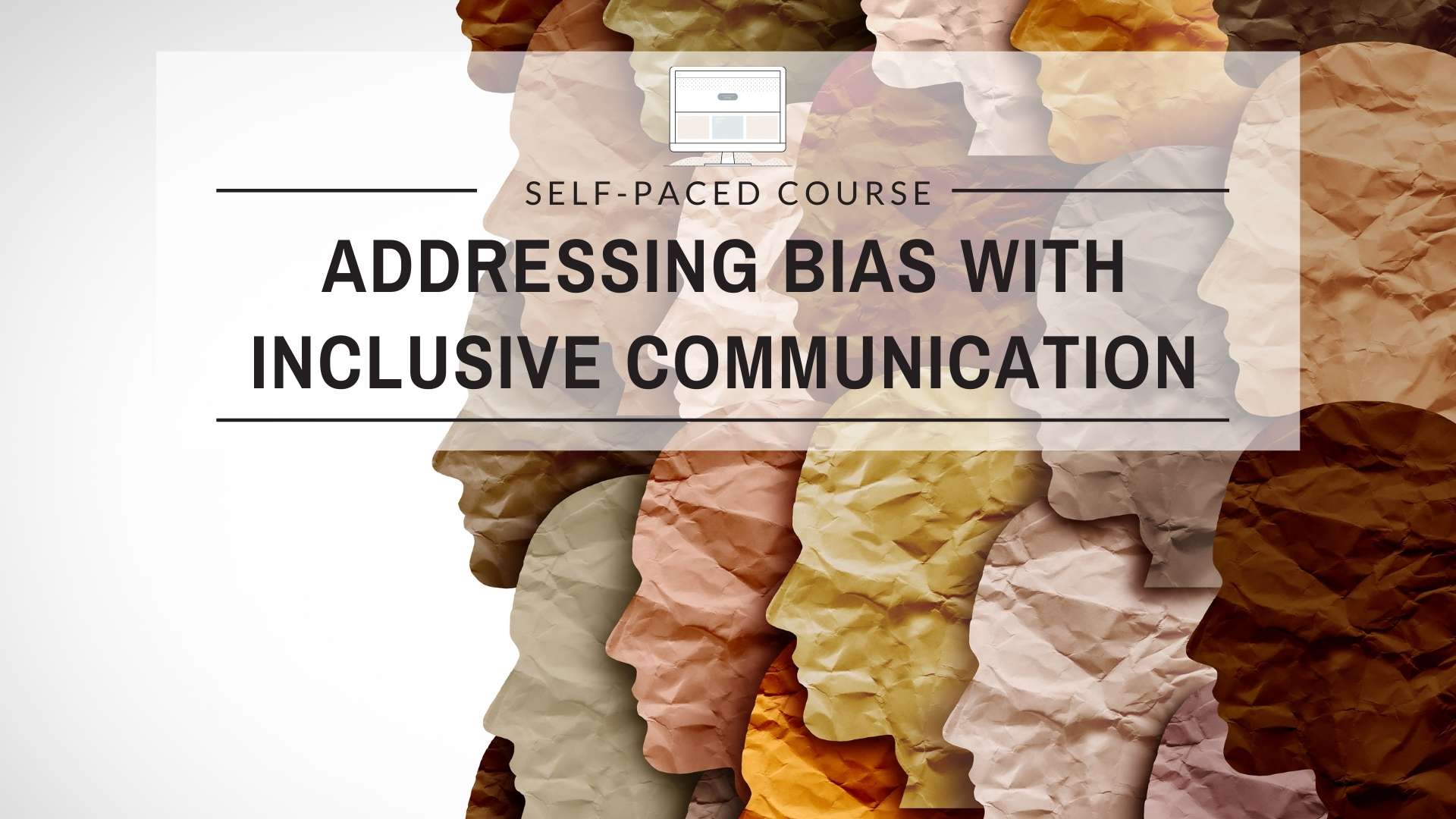Using inclusive language is one way to address bias in order to create a safe, positive environment for employees and clientele. A positive environment will engage both staff and the public, increasing productivity and satisfaction. Public health and health professionals will be challenged to improve their understanding of implicit bias and inclusive language to implement a more equitable workplace in this course.
Learning Objectives:
- Define, recognize, and review examples of implicit bias;
- Identify microaggressions and microaffirmations and examine microaggressions in the workplace;
- Discuss people-first language and inclusive language and practice inclusive language for public health professionals.
Target Audience: Public health workforce, health department staff, clinicians
Duration: 30 minutes
Continuing Education Information: 0.5 Category 1 CHES Credits, 0.5 Continuing Competency Credits
CHES Provider number: 99036
Format: Web-based Training, Self-Study
Created/Updated: July 2022
Author: Toncé Jackson, EdD, RDN
Arranged by: Caitlin Meyer Krause, MPH
Disclosures: The planners, reviewers, and authors have no declared conflicts of interest
